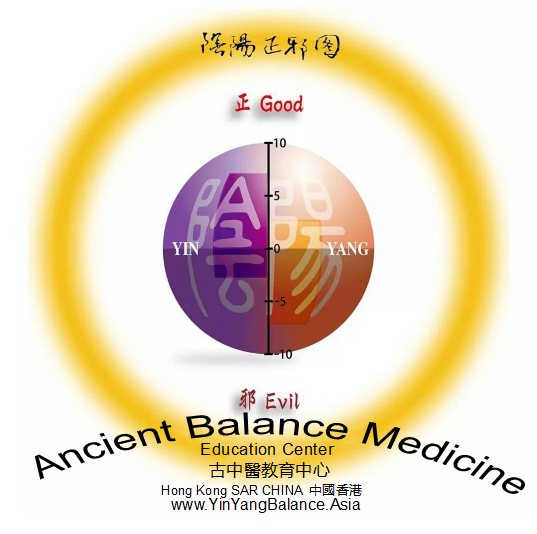Systems Basics: Systemic solutions with evidence-based medicine for relief from Insomnia – the systems thinking for everyone’s body through Traditional Chinese Medicine on the systems science of Taichi Yin-Yang Five Elements 系統論基礎工作坊:循證醫學緩解失眠的探討 – 藉以理解人類身體的系統性與中醫藥學之太極陰陽五行天地人的東方系統思維
2017 May 25 0 By Tomas 黃炎 International Society for the Systems Sciences 61th conference
International Society for the Systems Sciences 61th conference
Sunday Afternoon workshop:
Insomnia has become a modern city sickness. Research has been carried out to evaluate different Traditional Chinese Medicine treatments using evidence-based medicine methodologies. The cause of insomnia may come from one or more of the five elements systems, including the Wood mental system, the Fire emotional system, the Metal behavioural system, the Water spiritual system, and the Earth physical system (with one or more of its five sub-systems).
From this analysis we will try to find the common structure and relationship that can be generalized using systems thinking which could be applied to treat different sickness and promote healthcare. Research has shown that this systems thinking is rooted in the fundamental concept in traditional Chinese culture since around 500BC. The concept is also embedded in the teaching of Confucianism, Buddhism, Taoism, and Traditional Chinese Medicine. The traditional Chinese system theories under investigation include the Taichi yin-yang system theory, the Five systems theory of the human mind, and the Traditional Chinese Medicine differential diagnosis-cure process. These theories are found to be related to different modern system theories including Viable system model.
Taichi yin-yang system theory describes the relationship between any two entities (element/process) at any level of interest. It concerns the quantitative and qualitative changes between the entities. This is related to causal loop diagram (CLD) in system dynamics which uses reinforcing loop and balancing loop. The observer is not specified in the theories, but the perspectives of the observer actually determine the entities, the unit of quantitative changes, and the ratio of qualitative changes. The Five systems theory of the human mind is one of the important concepts developed in the teaching of Buddha. The Five systems are: awareness, perspective, sensation, action and physical object. These five systems can be used to describe the properties of the observer and the decision maker.
The Traditional Chinese Medicine differential diagnosis-cure process is a practical systemic process that has been used daily for more than 2000 years. It is believed that the whole macroscopic-microscopic spectrum of systems can be suitably accommodated. The system state identification involves three pairs of direction-forming spectrums. The Superficial and Internal spectrum gathers information between the boundary and the system. The Cold and Hot spectrum gathers information between the form and function, or matter and energy within the system. The Deficient and Excess spectrum gathers information between the environment and the system. Strategy can then be formulated to regulate and maintain the system.
About The Author
| Research Engineer, Health Educator. 研發工程師,養生教育工作者. | |-Bachelor of Medicine in Traditional Chinese Medicine – General Practice and TCM R&D |-Master of Engineering in Telecommunications – A Packet discarding strategy in Asynchronous transfer Mode ATM data network – Queuing theory |-Bachelor of engineering in Information Technology with First class honour - AI Machine Learning in electrical fault diagnostic networks |-Thesis Proposal for potential supervisor in Mathematics: Ethical AI Systems - Harmonizing Autonomy and Communal Responsibility | ===== Research Interest ===== | |Confucianism – Buddhism – Taoism – Traditional Chinese Medicine TCM 儒釋道醫 | Five Virtues of Confucius: Humanity-Justice-Etiquette-Wisdom-Trust 儒家五常:仁義禮智信 | Buddhism Five aggregates systems of human mind 釋j家五蘊系統 | Taoism Taichi Yin-Yang Five Elements Trinity i±1 System 道家陰陽五行天地人系統 | Traditional Chinese Medicine TCM differential diagnosis-cure process 中醫辨證論治系統, | Five Elements Systemic Healthcare Mental-Emotional-Physical-Behavoural-Spiritual 五行健康系統養生-養性-修心-修身-修行-靈修 | Integral East-West Systems Thinking 融合東西方系統思維 | Ethical AI Systems 倫理人工智能系統 | Five-elements Society System EMSCE 五行社會系統: Economics-Management-Social-Cultural-Environmental 經濟-管理-社會-文化-環境, | https://gravatar.com/edu1a1a10c906ec |

 古中醫學會心對心
古中醫學會心對心 微博 炎黃子孫共振中醫
微博 炎黃子孫共振中醫 古中醫教育中心面對面
古中醫教育中心面對面 古中醫教育中心 Our Website
古中醫教育中心 Our Website